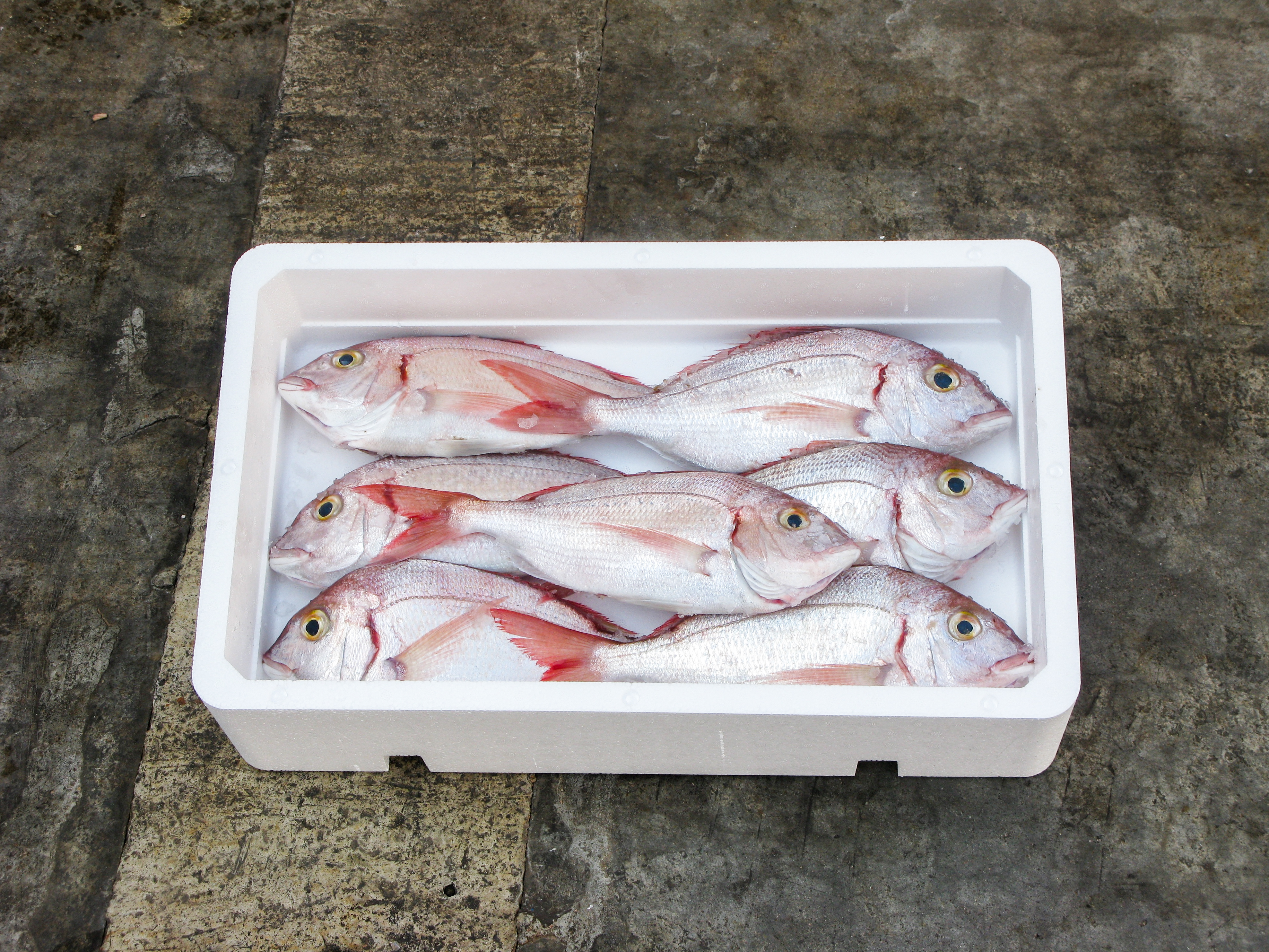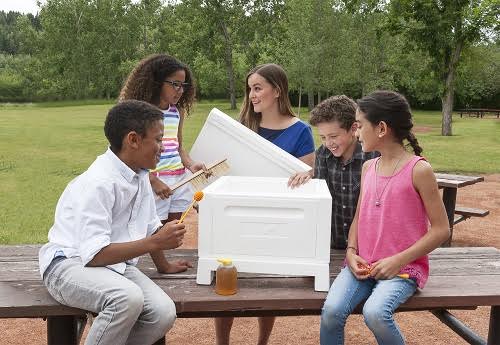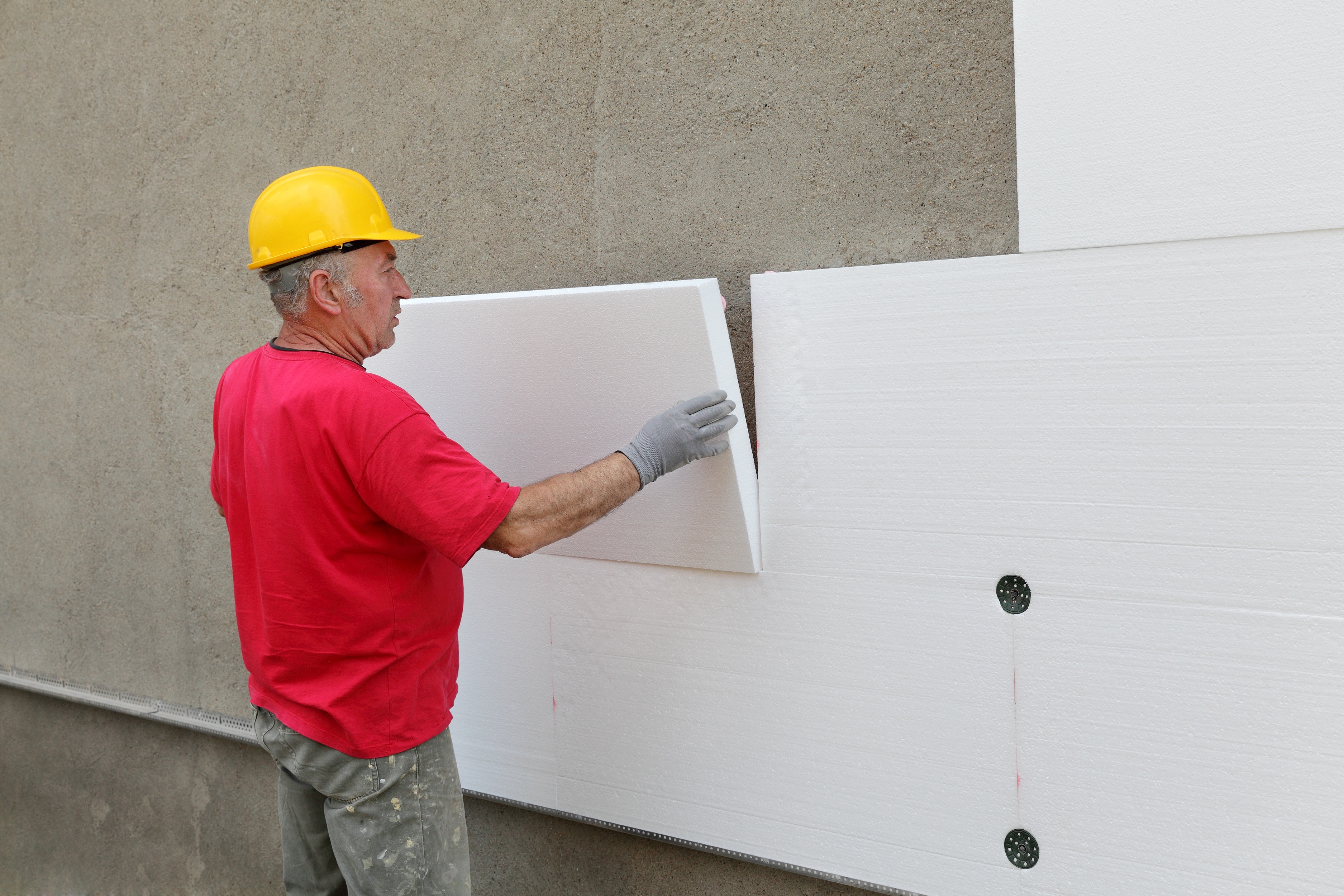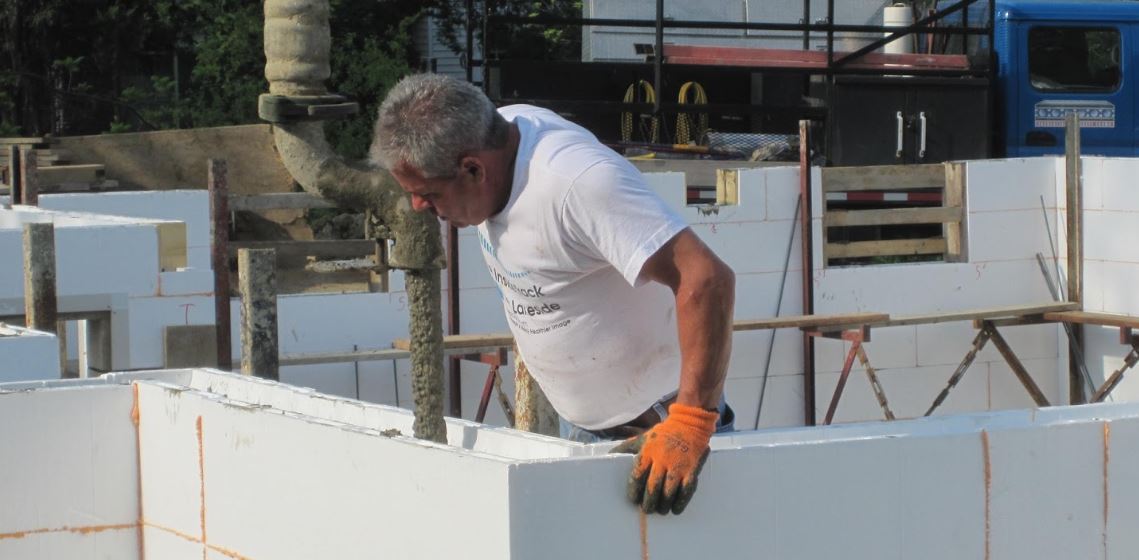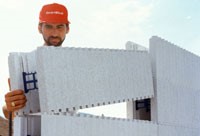Expanded polystyrene (EPS) has achieved world-wide acceptance as the shipping container of choice for fresh fish and seafood because of its performance and environmental advantages. EPS foam uses fewer resources and less energy than alternative packaging. Efficient, lightweight and durable, EPS reduces both package size and fuel consumption during transportation. And because of its superior performance EPS seafood containers avoid food waste due to spoilage.
EPS Foam: Top Choice For Seafood Industry Containers
Tags: eps, expanded polystyrene, transport packaging, foam packaging, food packaging, spoilage, cold chain containers, perishable goods, eps coolers, eps recyclable, mail-order packaging, plastic #6, eps products, fish boxes, shipping containers, seafood packaging, fish coolers
How EPS Has Beekeeping Industry Buzzing: honey bees—wild and domestic—perform about 80 percent of all pollination worldwide. A single bee colony can pollinate 300 million flowers each day. Grains are primarily pollinated by the wind, but fruits, nuts and vegetables are pollinated by bees. 70 out of the top 100 human food crops—which supply about 90 percent of the world’s nutrition—are pollinated by bees.
Tags: expanded polystyrene, insulation panels, eps indiana, eps michigan, eps ohio, eps kentucky, eps Pennsylvania, eps tennessee, eps recyclable, eps products, eps bee hives, bee hive box
Insulation is not the most marketable building component, but it is essential to both the performance of the building and health of the occupants. Without sufficient insulation, large portions of the energy used to heat or cool a building will be lost to the outdoors. Insufficient insulation can also lead to mold problems as heated air rapidly cools and causes water vapor to condense. Historically, mud, asbestos, and cork were used as insulation materials for buildings and pipes. The insulation products available today are much more effective, especially in conjunction with air sealing and ventilation.
Tags: eps, expanded polystyrene, custom molding, building materials, insulation, insulated concrete forms, icfs, insulation panels, eps indiana, eps michigan, eps ohio, eps kentucky, eps Pennsylvania, eps tennessee, eps recyclable
ICFs are forms for poured concrete walls that stay in place as a permanent part of the wall assembly, serving as continuous insulation as well as a barrier against air and sound entry. To give the wall greater strength, steel reinforcement is placed both horizontally and vertically in the forms before the concrete is pumped or poured inside.
Tags: eps, expanded polystyrene, custom molding, building materials, insulation, insulated concrete forms, icfs, insulation panels, eps indiana, eps michigan, eps ohio, eps kentucky, eps Pennsylvania, eps tennessee, eps recyclable, plastic #6
Insulating concrete forms (ICFs) are hollow “blocks” or “panels” made of expanded polystyrene insulation (EPS) or other insulating foam used to permanently form concrete structures. ICFs result in cast-in-place concrete walls that are sandwiched between two layers of EPS foam material, providing insulation for the structure they enclose. This combination creates a wall with many desirable properties: strength, insulation, and noise control.
Tags: eps, expanded polystyrene, custom molding, building materials, insulation, insulated concrete forms, icfs, insulation panels, eps indiana, eps michigan, recyclable, eps ohio, eps kentucky, eps Pennsylvania, eps recyclable, plastic #6

